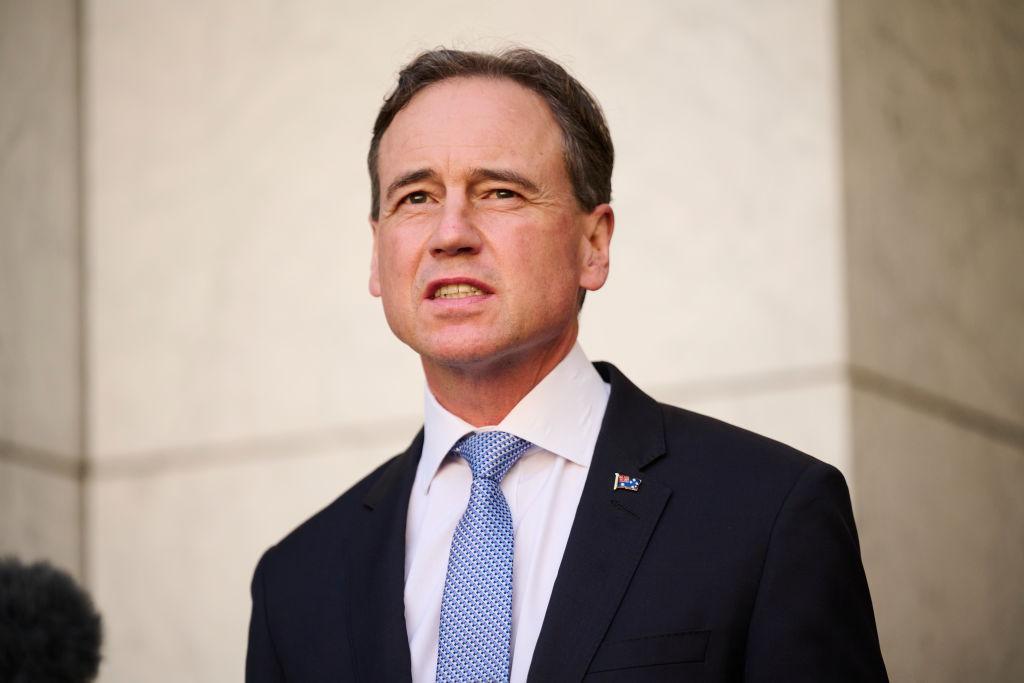The federal and Northern Territory (NT) governments will invest more than $43 million (US$31.8 million) over the next five years into mental health and suicide prevention across the NT.
In a landmark bilateral agreement announced on Monday, the feds have pledged $30.65 million, and the NT $13.25 million (US$9.8 million)to expand these services to where they are most needed, particularly to the group known as the “missing middle” people who are too unwell to receive effective services through the primary mental health system, but not acutely ill enough to access state or territory based care.





